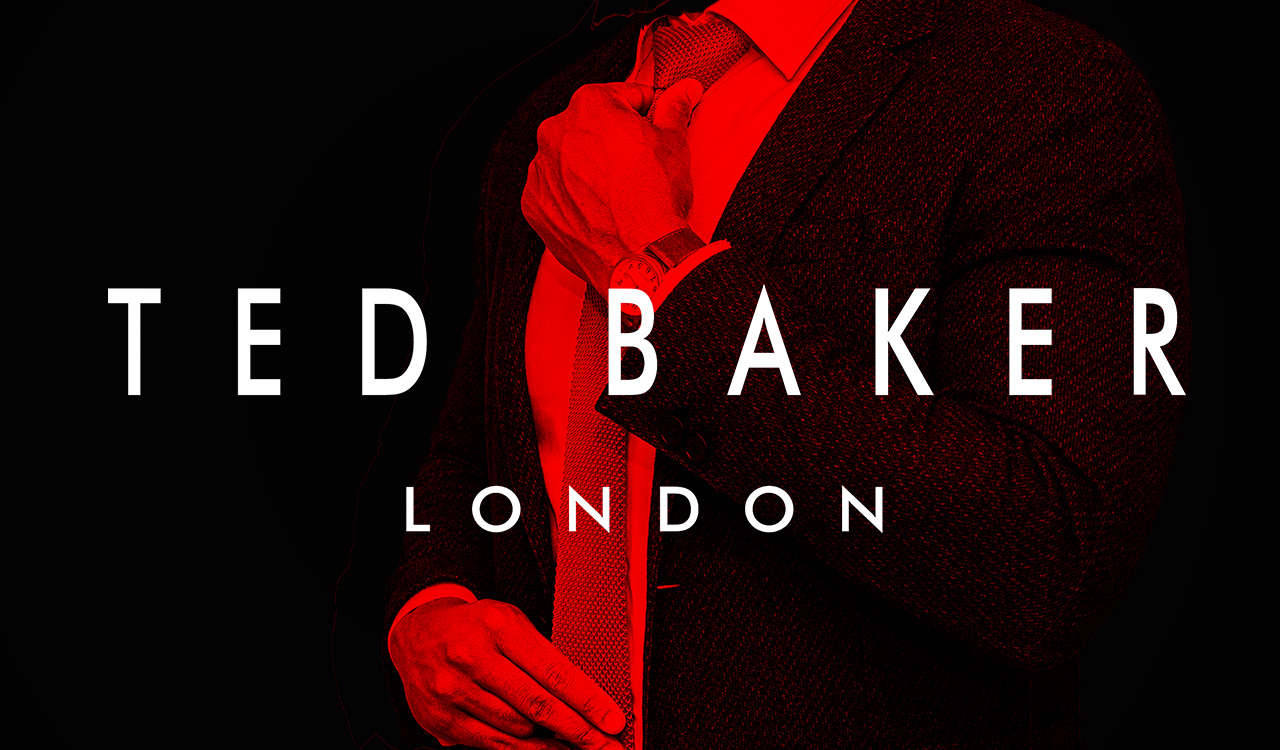Remember when retail and politics were separate entities? In the past decade, brands have been called upon to take a stance on social and environmental issues. Speaking out about incendiary policy is mainstream and no longer a role relegated to millennial-focused outdoor brands such as Patagonia and REI.
The retail landscape has never been more polarized. Even Patagonia has taken a more active role in politics by openly endorsing senate candidates, lobbying for environmental issues and adding tags to clothing that say “Vote the A••holes Out.” (That doesn’t leave a lot of wiggle room for interpretation.)
[callout]Speaking out about incendiary policy is mainstream and no longer a role relegated to millennial-focused outdoor brands such as Patagonia and REI.[/callout]
CEOs of major tech players such as Apple, Google, and Twitter spoke out after the Capitol riots. Some companies have bailed from contributions to politicians. Banks and brands have severed ties with specific political factions.
But what role will retailers and corporations play in politics under the new administration? Will they go back to taking a backseat, or is the role of retailers forever changed?
New Standards for Social Media Platforms
The question of whether social media should play a role in policy is irrelevant. The truth of the matter is that it does. Who can forget the role Facebook played in the 2016 election? Or when Mark Zuckerberg testified before Congress in 2018? Since social media is still a relatively new phenomenon, there aren’t many regulations governing its usage. Political factions on both sides have been lobbying against a provision in the Communications Decency Act, Section 230, that protects social media platforms from liability from the content shared on their sites.
But while the government struggles to implement policy, social media users are banding together to call for greater accountability from their favorite platforms. After the Cambridge Analytica scandal, the #DeleteFacebook movement resulted in 44 percent of Facebook users age 18-29 deleting the app from their phone.
Most social media users say that they “dislike” political advertisements and activity on their social platforms. However, platforms that fail to censor content entirely risk losing their usership. Political ads are still airing, but social media providers are taking more accountability over the user accounts they host. Twitter recently booted 70,000 extremist accounts and Facebook followed suit, deleting an undisclosed number of profiles.
Grocers Lead the Vaccine Movement
Coronavirus taught us about the importance of frontline workers. It seemed that the status quo would be forever changed as a result of the pandemic. However, while grocery store employees were lauded as “heroes” at the beginning pandemic-related shutdowns, most have yet to receive their Covid-19 vaccines. As the second phase of vaccinations rolls out in many states, some state legislatures have decided not to include grocery workers in the essential worker category. Even in areas where grocery workers are included in Phase Two, the wait list for vaccines is so long that essential workers are still waiting to receive their first doses.
Fortunately, retailers such as Kroger, Target, and Walmart said they will vaccinate their own employees as soon as they are legally eligible. Target will even cover Lyft rides for workers to and from vaccination sites. A bevy of leading grocers and grocery delivery services –– including Kroger, Trader Joes, Dollar General, Instacart and Aldi –– are paying workers to get vaccines or giving them PTO to recover.
Coronavirus prevention and vaccine distribution were once, oddly, made out to be a political issue. However, the way that red and blue grocers have worked together to help employees gain access to vaccines provides hope for the depolarization of the retail industry as a whole.
From “Issue Advocacy” to Politics
It used to be that brands and retailers were gun shy about participating in politics. In some cases, retailers would discreetly participate in “issue advocacy,” lobbying for bills that would help maintain their company’s profitability. Issue advocacy refers to when a company takes a stance on a specific bill or policy, without overtly endorsing a political group.
However, the days of corporations pulling the strings behind the scenes are long gone. Brands have become incredibly politically active, despite the fact that campaign finance laws still dictate how much retailers can donate to specific political parties and candidates. Companies have found ways around this by overtly endorsing candidates or blatantly lobbying to support certain bills.
Are Customers Boycotting the Right Companies?
Whether customers shop at Hobby Lobby or Michaels, Amazon or Walmart, wear New Balance or Nikes, they can be influenced by their political affiliation. Even a denim brand that customers throw on in the morning can be predicted by whether they vote red or blue.
The Wall Street Journal reports, “Consumer research data show Democrats have become more likely to wear Levi’s than their Republican counterparts. The opposite is true with Wrangler, which is now far more popular with Republicans.”
The irony is that many companies are marked red or blue dependent on the CEO’s actions alone, or those of one outspoken corporate employee. New Balance, for instance, had to do major damage control when people started burning their sneakers en masse as a result of their executives endorsing the former President in a statement issued in The Wall Street Journal. This isn’t to say that issue advocacy doesn’t have a place in modern retail. Much to the contrary, it’s one driver of the present-day retail industry.
Making Room for Complexities
It is beautiful to live in an era where customers have reawakened to the fact that they vote with their dollar. However, customers are rarely given full disclosure of how companies operate as a whole. There are many complex components to a company’s global impact, such as: employee treatment, product manufacturing process, supply chain partners, production materials, shipping standards, company investments, warehouse facilities, corporate diversity, childcare opportunities, etc.
The issue with callout culture is that many customers are basing their lifelong purchasing behavior on a knee jerk reaction to one person’s statement. Our readiness to label companies as blue or red, bad or good, ethical or part of the problem, belies our eagerness to classify our fellow citizens in the same way –– often with only a fraction of the necessary information.
Is callout culture a necessary swing of the pendulum for us to gain a more informed perspective about the brands we patronize? Sure. But hopefully, we as consumers can train ourselves to look a little deeper before canceling a brand, retailer, or segment of the population. By understanding corporate policies, rather than simply categorizing retailers as red or blue, we will be better prepared to address the complex issues that we will continue to face in the years that come.




